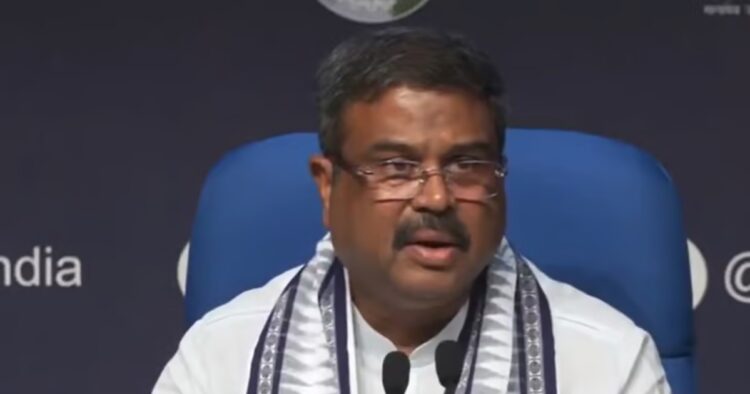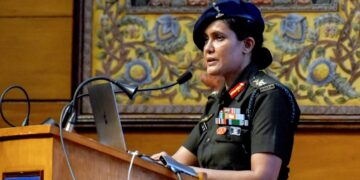In response to mounting controversies surrounding competitive exams, the Union education ministry has taken swift action by convening a high-level panel. This panel, headed by former ISRO chief K Radhakrishnan, aims to overhaul the National Testing Agency’s (NTA) examination processes for transparency and fairness.
The panel, comprising experts such as former AIIMS-Delhi director Randeep Guleria and University of Hyderabad Vice-Chancellor BJ Rao, will hold its inaugural meeting on Monday. Their mandate includes proposing reforms to enhance exam procedures, bolster data security, and streamline NTA’s operational framework.
Sources indicate that the panel is expected to deliver its recommendations within two months. These reforms are slated to be implemented in time for the next cycle of examinations. Key areas of focus will include scrutinizing the exam calendar and suggesting improvements to prevent irregularities and ensure smooth conduct of exams.
Amid recent lapses, particularly in exams like NEET-UG and UGC-NET, the NTA has faced criticism over compromised exam integrity and procedural flaws. The panel will specifically evaluate existing security protocols related to exam paper settings and other crucial processes. Recommendations will aim to fortify these protocols, aiming for a more robust examination system.
The ongoing NEET-UG 2024 examination has been marred by allegations of irregularities, including alleged paper leaks. In response to these challenges, the ministry conducted a retest for 1,563 candidates who were earlier awarded grace marks due to disruptions during the exam at six centers.
As the panel prepares to convene, stakeholders are hopeful that these proactive measures will restore confidence in the examination process. The ministry’s commitment to swift action and comprehensive reforms underscores its determination to uphold fairness and transparency in national-level competitive exams.
The developments surrounding the high-level panel and its recommendations will be closely monitored as they unfold, with implications expected for future exam cycles and the overall credibility of the NTA’s operations.

















Comments